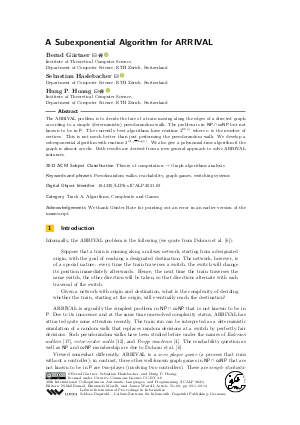LIPIcs.ICALP.2021.69.pdf
- Filesize: 0.76 MB
- 14 pages

 Creative Commons Attribution 4.0 International license
Creative Commons Attribution 4.0 International license



















Feedback for Dagstuhl Publishing